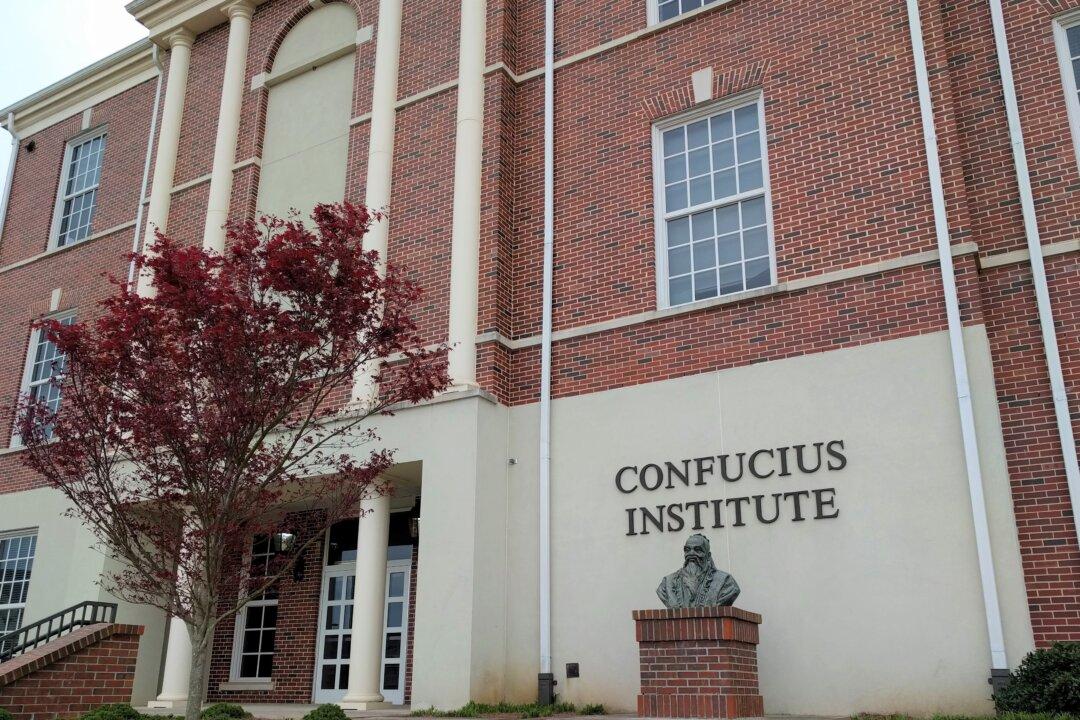Republicans are introducing new legislation that would seek to protect U.S. universities from the theft of sensitive information by foreign nations such as China, Russia, Iran, and North Korea.
A bill dubbed the “Protect Our Universities Act of 2019,” introduced by Rep. Jim Banks (R-Ind.) on March 12, would establish a Department of Education-led interagency task force to address the vulnerabilities currently present on college campuses across the nation.





